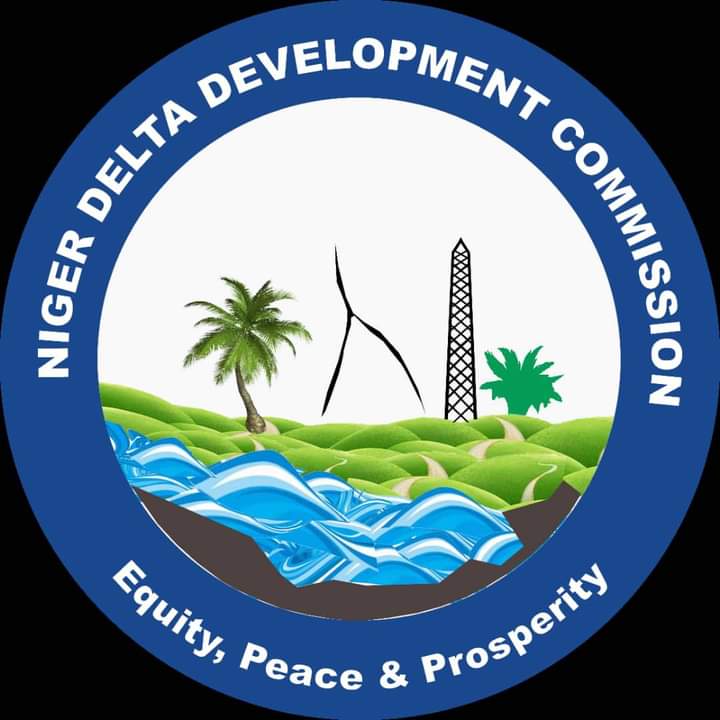By ABEL JOHNGOLD ORHERUATA
The Governor of the Central Bank of Nigeria (CBN), Mr. Godwin Emefiele, (CON) has harped economy diversification as a way out to rescue the nation’s economy from dwindling.
Emefiele stated this at the Oil Palm Stakeholders Engagement with the theme “Oil Palm Development In Nigeria: Challenges and Prospects, held in Asaba on Tuesday.

The CBN Governor, who was represented by Mr. Edwin Nzelu, Deputy Director, Development Finance Department of the CBN noted that agriculture remains a key driver of the Nigerian economy, contributing significantly to her Domestic Product (GDP) (22.36% in the first quarter of 2022).
He disclosed that the agricultural sector grew by 3.16% (year-on-year) in real terms, in the first quarter of 2022, representing an increase of 0.887% points from the corresponding period of 2021.
Adding, Emefiele said “Thus, the CBN, in its quest to develop the agricultural sector, has intervened through several development finance programmes and schemes, aimed at ensuring rapid repositioning of the sector in order to achieve the desired economic growth.
“The Bank, through its Anchor Borrowers Programme’ instituted the Oil Palm Development Initiative (OPDI). aimed at supporting local oil palm production to bridge the huge supply gap of 1.25 million MT of crude palm oil. Since the commencement of the initiative in 2019, over N70 billion has been disbursed to projects along the value chain, particularly for plantation development in line with the backward integration policy of the Bank. Furthermore, the Bank has collaborated with relevant stakeholders in organizing seminars and engagement sessions fo enlighten potential investors, primary producers, processors, interested parties and members of the public on the need for value addition through processing of agricultural commodities in order to realize their economic potentials”.
Emefiele maintained that the efforts of the Bank and other relevant stakeholders, notwithstanding. progress of the oil palm industry has been rather slow given the potential it holds. That this was readily attributable to a number of challenges, including:
a. Low levels of private sector investment in Oll palm development,
b. Lack of structure, especially by smallholder farmers, which in turn limits funding:
c. Little or no corporate governance practices by most SMES
d. Poor linkages along the value chain to the detriment of smallholder farmers;
e. Dominance of manual and semi-manual cultivation and processing methods with resultant sub-optimal output
f. Absence of credible data to guide policy planning and implementation;
g. Insufficient awareness on the potentials and opportunities in the sector:
h. Lack of high-tech improved seedlings for short gestation period which has led to a dominance of low-yield variety seedlings among smallholder farms; and
i. Low youth involvement in oil palm production for sustainability.
According to the CBN Governor, “These domestic issues are further exacerbated by global challenges, which include the recent export ban on both crude and refined/processed palm oil by Indonesia, heightened global food security fears amidst the war in Ukraine and adverse weather conditions. Palm oll prices are projected to hit a record US$1,938/tonne due to the plunge in global edible oil stocks, decline in export volumes and impact of the war in Ukraine. Notwithstanding, Nigeria could benefit from Indonesia’s palm oil ban and reap higher export profits provided that all hands are on deck to drive the sector’s growth.
“In ight of the foregoing, it became imperative for stakeholders in the ol palm industry to convene and deliberate on multi-dimensional approaches to tackle identified challenges”.
Emefiele noted that the gathering was very essential due to the huge potentials of the oil palm industry, including contributions to local food security and forex earnings. That It was with nostalgia he recalled when the industry was thriving, and Nigeria was among the world’s leading exporters of the Commodity.
He said “it is imperative to note that Government cannot Single-handedly address these issues unaided but must leverage on partnerships and collaborations with the private sector. Indeed, the significant turn-out of stakeholders at this gathering, is a clear demonstration of the commitment to the growth and revival of the oil palm industry in particular and the country’s socio-economic development in general.
“This stakeholder engagement session will serve as a platform for brainstorming by oil palm investors, smallholder farmers, processors, marketers, policy makers, and researchers – to avail participants the benefits of their wealth of experience in the oil palm value chain, with a view to enhancing output”.
Topics for the session’s discourse at the Stakeholders Engagement Forum includes:
a. Prospects and opportunities in the oll palm industry
b. Public-private sector partnership in oil palm development;
C. SME/Smallholder financing and corporate governance considerations
d. Implementation of Out growers’ Scheme to accommodate smallholder farmers;
e. The role of state governments in facilitating access to land for ol palm development, amongst others.
Emefiele stated that Key outcomes of the session over medium to long-term would be to stimulate increased private sector funding and investment in the oil palm industry: enhance awareness of the prospects and profitability of oil palm cultivation: promote adoption of improved farm practices and processes by smallholder farmers; expand access to affordable long-term finance; Increase output which will also improve smallholder farmers profit margins, thus improving livelihoods; enhance linkages among oil palm value chain actors and critical stakeholders and finally to promote sustainability in oil palm production through youth involvement.
He noted that the forum was apt, bearing in mind the various interventions of the CBN, and especially the Oil Palm Development Initiative (OPDI) which was aimed at facilitating bank lending fo the oil palm industry.
“It is envisaged that intended investors will leverage on this to access short and medium-term funds for oil palm production, processing and marketing”. Emefiele asserted.













